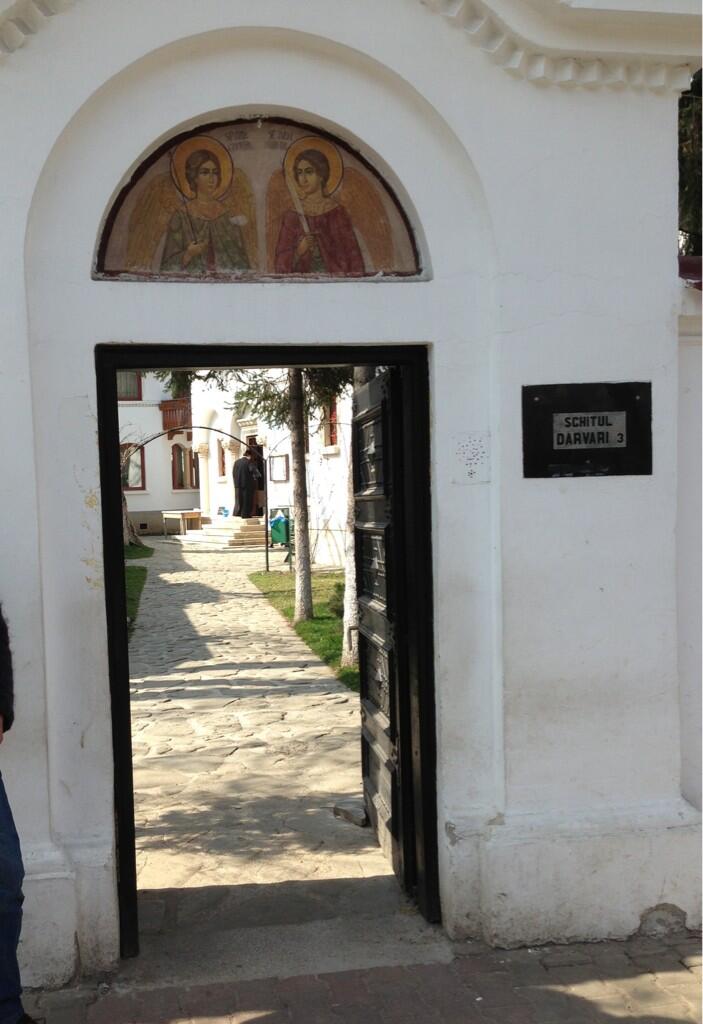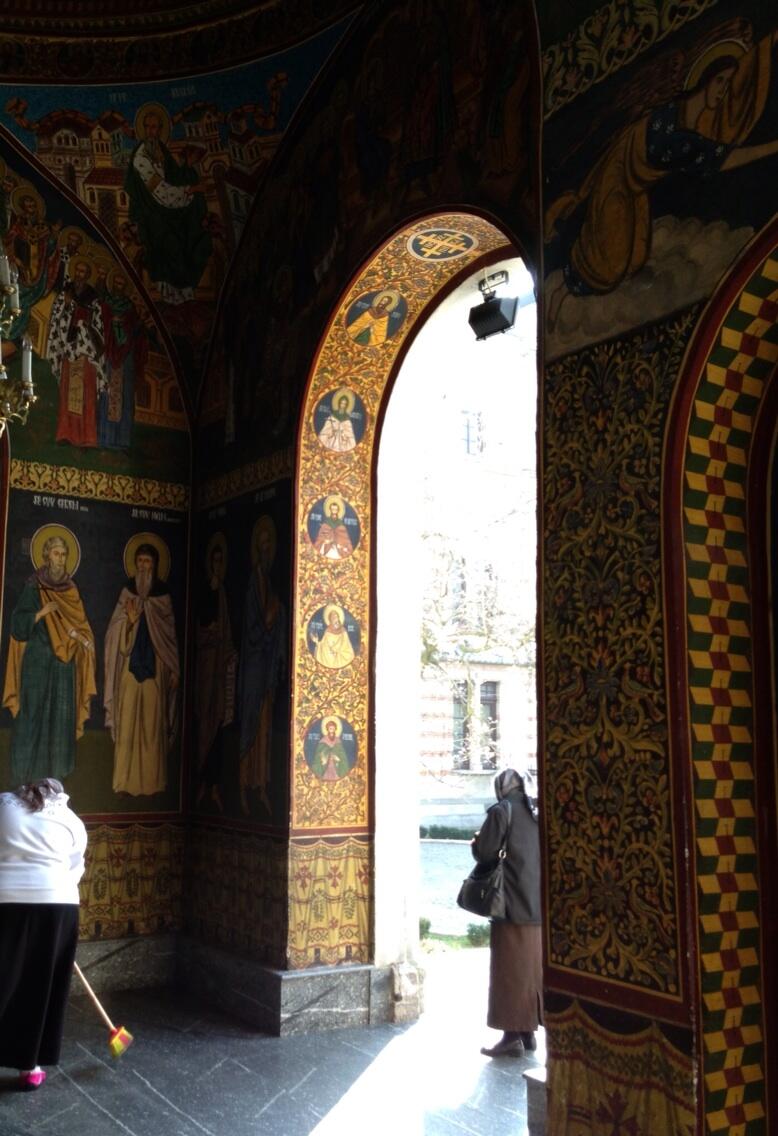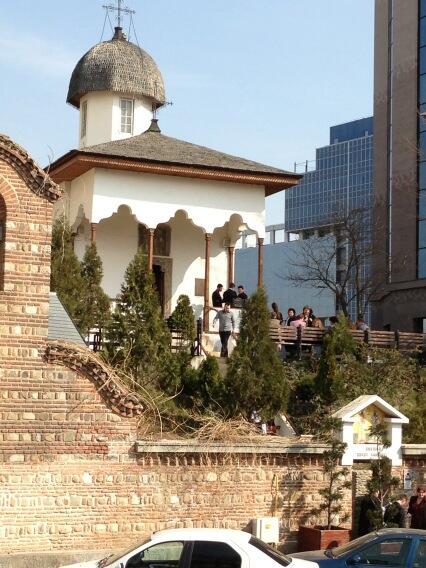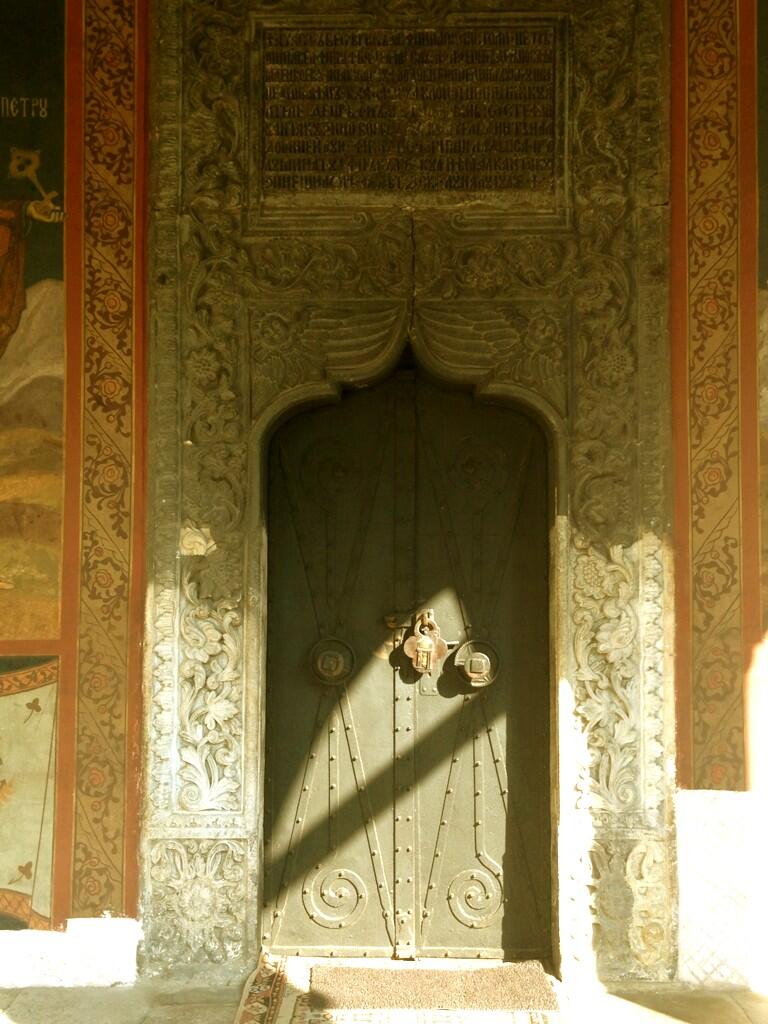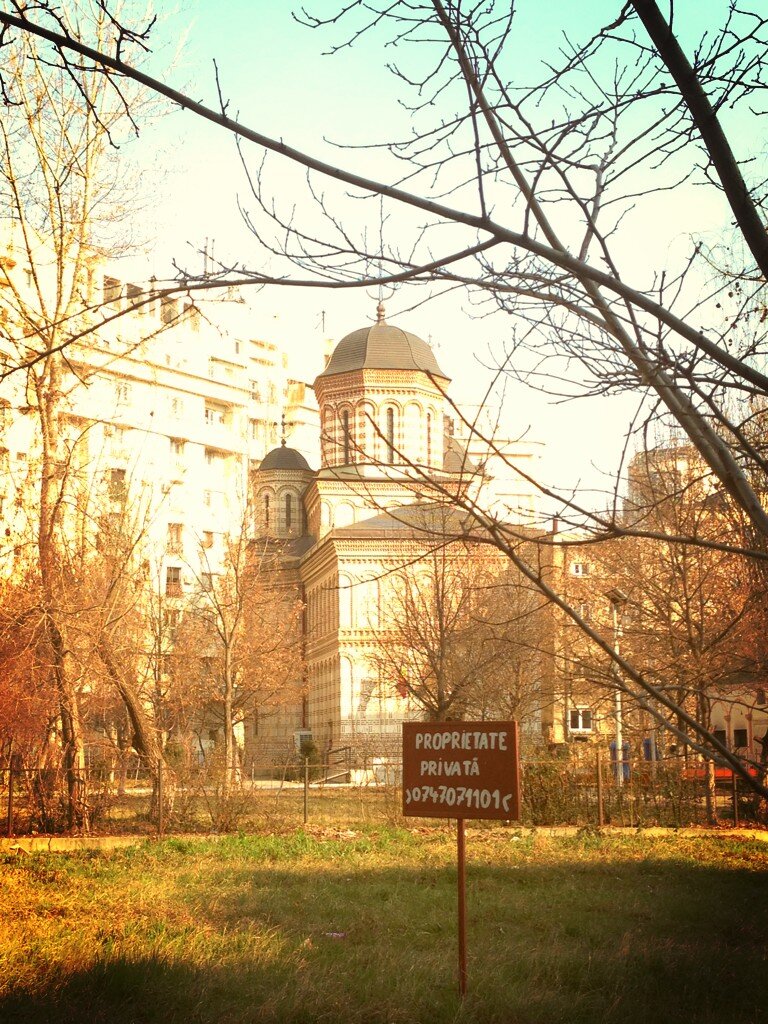Virginia Woolf said duchesses and chambermaids alike despise scholars. Is this because scholars have found something more interesting than sex? Or simply women's strong attraction for biological reasons to virile fighters? Yet the female attraction to powerful men makes them attracted to intelligent men. But perhaps it is intelligence deployed outwards, so to speak, that attracts them, not deployed in writing commentaries on Horace or Virgil.
For their part do men prefer duchesses? Dr. Johnson said a chambermaid would be as attractive as a duchess were it not for imagination. Would she be as attractive as a footballer's wife? Would a duchess? I suppose it depends on the duchess and the footballer's wife, although, for obvious socio-economic and biological reasons, duchesses tend to be very attractive while of nubile age. Being a duchess is not something that they are born to or have thrust upon them. It is something that they achieve.



